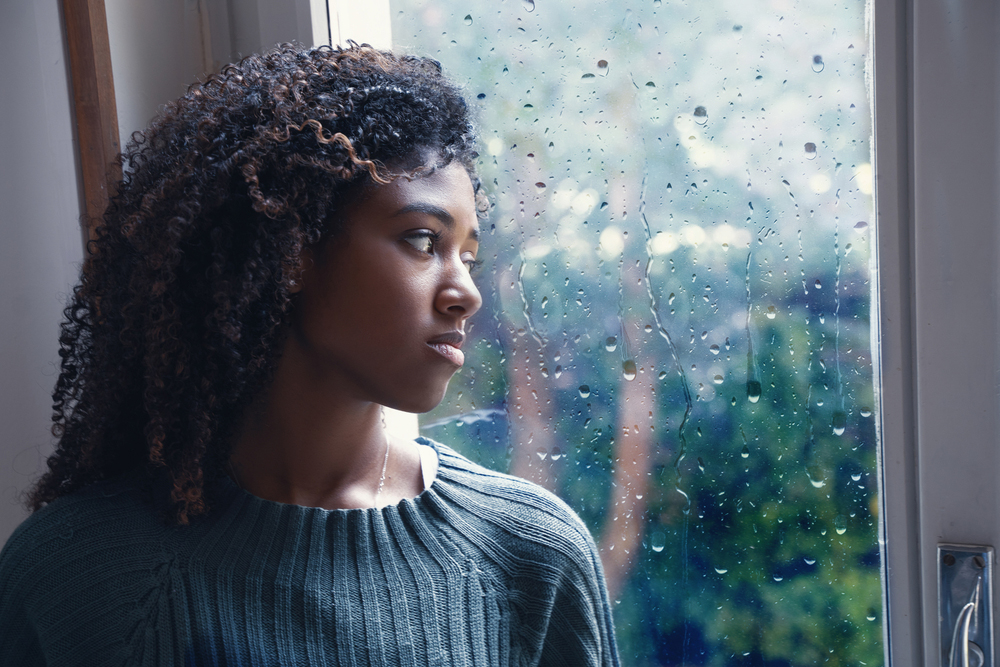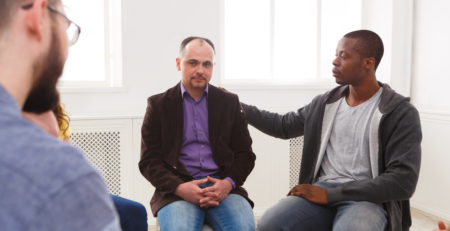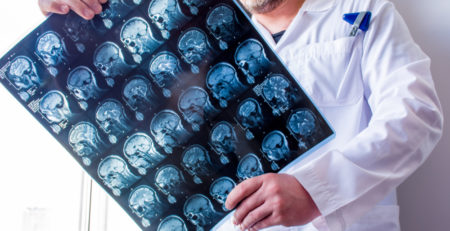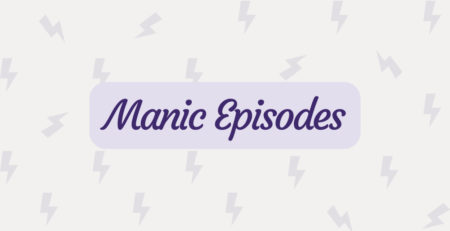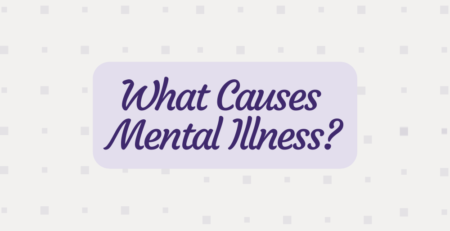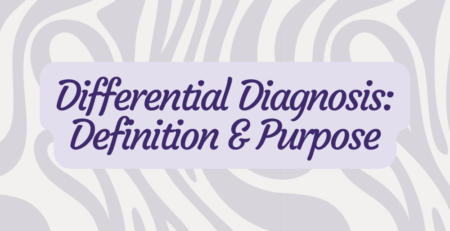What Depression Looks Like
Depression does not discriminate. As the world’s leading cause of disability, this condition can affect people from all backgrounds and belief systems. Despite depression’s prevalence, the struggles it creates can manifest differently for various people. That’s one reason for the many misconceptions surrounding this mental health issue, which may prevent someone from seeking treatment.
What Is Depression?
Like all mental health disorders, depression is not your fault, and it can happen to anyone. Even if you are typically a high-achieving person with healthy relationships and an overall positive outlook, depression can still strike. Its symptoms can be mental and physical and may include persistent fatigue, hopelessness, trouble concentrating and suicidal thoughts. If left unaddressed, these effects will gradually worsen.
One of the most common misunderstandings people have about depression is that it’s a fleeting bad mood you can merely snap out of. Well-meaning people may tell you unhelpful things like “Cheer up, life’s not so bad.” However, you can’t manage your depression with willpower, and it won’t go away by itself. That’s because depression usually has many contributing causes, instead of stemming from one singular trigger.
One way to tell if you are depressed is whether you can maintain the motivation necessary to do everyday self-care tasks like showering and doing laundry. With depression, you can get a full night’s sleep and still feel too exhausted to get out of bed when your alarm goes off in the morning. You may also experience anhedonia, which is the inability to take pleasure from formerly enjoyable activities like eating or listening to music.
How to Get Help for Depression
If you have felt worthless and gloomy for a prolonged period, lost interest in hobbies or thought about harming yourself, the first step is to schedule an appointment with your general practitioner. A doctor can do a physical exam and order tests to rule out other conditions that may mimic depression symptoms. If they think it would benefit you, your physician may also prescribe you an antidepressant or recommend starting therapy.
Talking about depression and what you are experiencing can help ease the isolation that often results from trying to hide your mental health condition. You can also do your part to end the stigma surrounding depression by helping put a face on this condition.
Be upfront with your doctor about your emotional ups and downs and how you are coping with them, including whether you are using drugs or alcohol to self-medicate. Co-occurring depression and substance use disorders require a focused treatment plan because these conditions feed on each other.
Recovery Is Within Reach
If you have depression, reaching out for help may seem challenging – especially if an ongoing lack of self-worth makes you feel like you don’t deserve to get better. However, depression is a treatable condition, and by actively working to improve your mental health, you will discover a better life is possible.
Serene Behavioral Health offers four treatment levels: residential program, day treatment, intensive outpatient and monitored outpatient. We will create a structured approach that meets your unique needs and allows you to fully focus on recovering your mental and emotional well-being. Connect with us to verify your insurance coverage and begin the admissions process.

